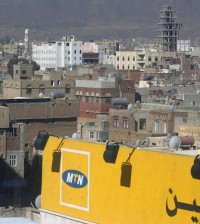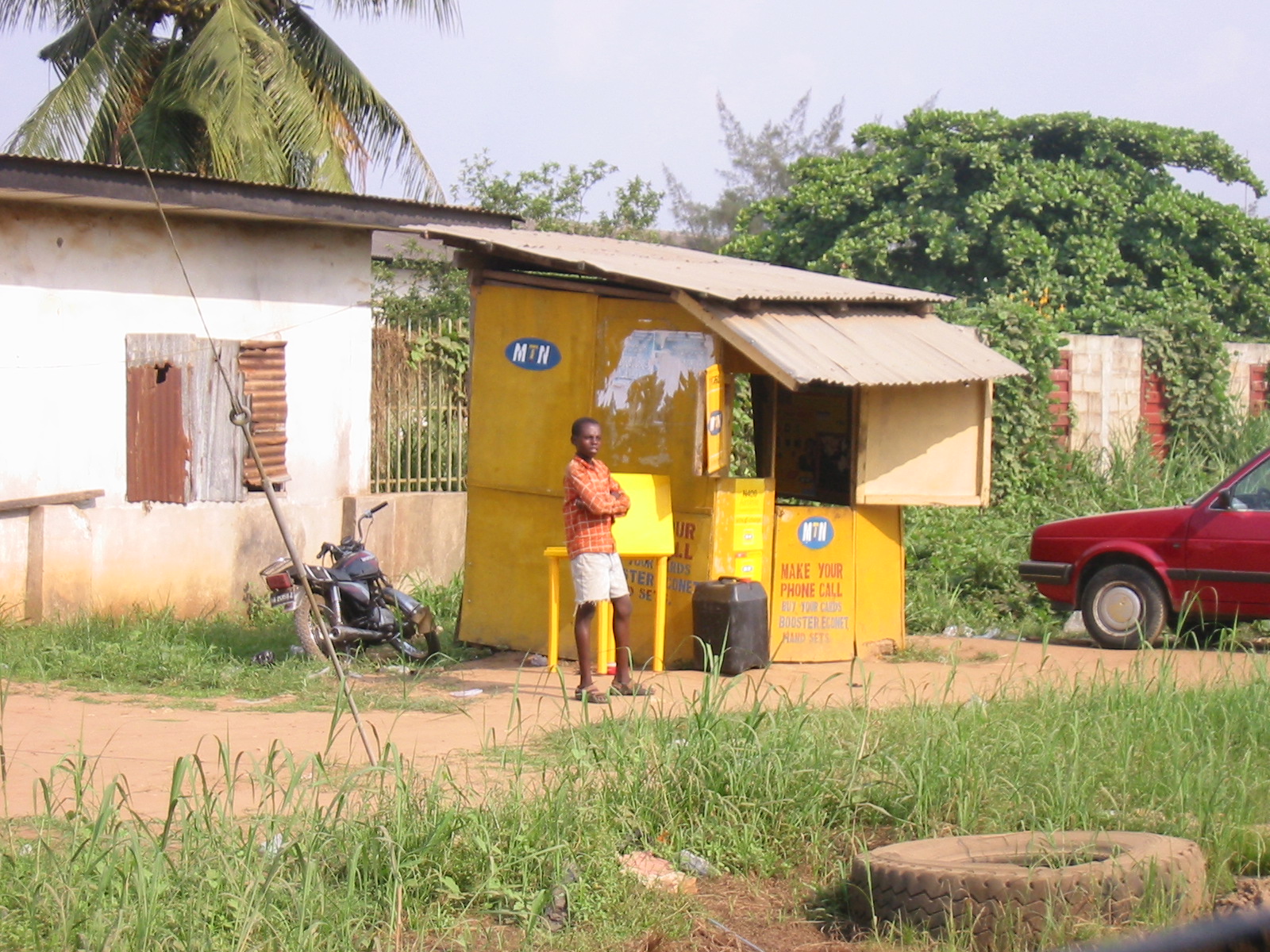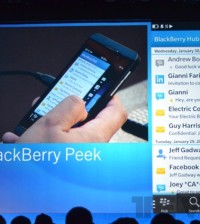MTN Says Sabotage, Attacks Hampering Nigerian Services • Doesn’t Plan to List Shares on Stock Market
MTN Group Ltd. (MTN), Africa’s largest mobile-phone operator, said sabotage, terrorist attacks and shutdowns by state agencies seeking undue taxes are hampering efforts to meet service conditions set by Nigeria’s regulator.
The Nigerian Communications Commission on May 11 fined MTN and Emirates Telecommunications Corp. (ETISALAT) 360 million naira ($2.3 million) each for failing to meet minimum service standards. Bharti Airtel Ltd. (BHARTI) must pay 270 million naira and Globacom Ltd. 180 million naira. The regulator last year threatened to stop operators from signing customers unless they cut the number of dropped calls and improve connections.
“There’s been no cognizance of the challenges we operate in,” MTN Nigeria Communications Ltd. Chief Executive Officer Brett Goschen said in a May 15 interview in Lagos, the commercial capital. “The standards that they’ve applied arriving at the fines, these are really best world standards.”
MTN is suffering damage to its fiber-optic network in Africa’s biggest oil producer with more than 70 cuts to lines a month nationwide, it said April 25. In northern Nigeria and the capital Abuja, bomb and gun attacks blamed on Islamist militant group Boko Haram are hindering repairs and building of new sites, while in the oil-rich Niger River Delta MTN is facing threats by the rebel Movement for the Emancipation of the Niger Delta of destroying its facilities.
Incidents of sabotage “take out large numbers of sites at one time,” Goschen said. “As you fix it, it goes down again.”
Multiple Taxes
Various government and state agencies also shut down some sites to try collect new levies and taxes without going through the courts, leading to “multiple taxation and regulation,” he said. The company only pays fees and operating taxes to the NCC. Nigeria needs to have one consistent set of taxes and regulations that it enforces, Goschen said.
MTN is investing $1.4 billion in Nigeria this year to improve infrastructure and capacity. Etisalat on May 12 said it will spend more than $500 million on its network after being fined, with the company also citing a lack of power, sabotage and regular damage for poor service.
MTN runs two diesel generators at each of its network sites that provide as much as 80 percent of its needs at a cost of 3.5 percent of revenue, Goschen said. Power cuts occur daily as demand for electricity is almost double supply.
“If it weren’t for these factors we’d meet the quality standards,” Goschen said. Calls to the mobile phones of Reuben Muoka, a spokesman for the NCC, didn’t connect. He didn’t immediately respond to an e-mailed request from Bloomberg News for comment.
Data Growth
The unit of Johannesburg-based MTN, which has operations in 22 countries in Africa and theMiddle East, has 41.6 million customers using its network in Africa’s most populous nation of more than 160 million people. That’s a 50 percent share of Nigeria’s mobile-phone subscribers, according to the MTN.
The company estimates it will increase its subscriber base by 4 million this year in Nigeria, it’s largest market.
“We’ve really driven the growth of this market over the last 10 years on the voice side and then taken a leading market share of that growth,” said Goschen. “Going forward what we’re trying to do is the same on the data side and not just only take the leading market share but actively grow the industry in Nigeria.”
Mobile data services, which account for about 5 percent of revenue from Nigeria excluding test message services, more than doubled last year.
Shares Drop
“We are hoping for higher growth rates” in data, Goschen said. While voice growth is slowing down, the market is still only 55 percent penetrated, he said. MTN has dropped 5 percent this year for a market value of 257 billion rand ($31 billion). That compares with a 6 percent gain in the FTSE/JSE Africa All Share Index.
MTN is negotiating with lenders to use its mobile money banking service after signing partnership deals with Guaranty Trust Bank Plc, Stanbic IBTC Bank Plc and Fortis Mobile Money, Goschen said.
“It’s a huge opportunity to take financial services to the unbanked,” said Goschen. “We estimate that around two thirds of our subscriber base are not banked.”
MTN isn’t considering listing shares on the Nigerian Stock Exchange and has no plans to expand in the country through acquisitions, he said. The Nigerian Stock Exchange, the second largest bourse in sub-Saharan Africa, plans to boost its market capitalization to $1 trillion by 2016 from $80 billion currently and wants telecommunications companies to list on the exchange to deepen the market. None of the main four operators are represented on the bourse.
“The authorities should incentivize corporates to list rather than making it mandatory,” said Goschen.







